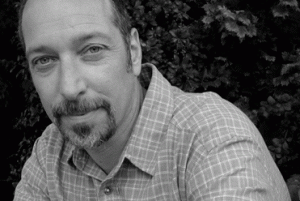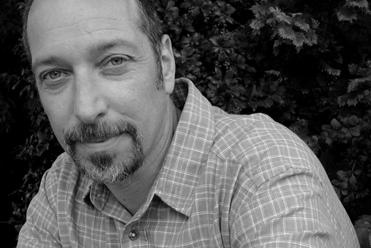Competitive poetry prize goes to digital media & journalism professor
 The Americana institute for American studies and creative writing has announced that Howie Good, professor of digital media & journalism at SUNY New Paltz, has been awarded the 2015 Prize Americana for Poetry. The award is given annually to a previously-unpublished, book-length work of original poetry that treats American culture among its subjects.
The Americana institute for American studies and creative writing has announced that Howie Good, professor of digital media & journalism at SUNY New Paltz, has been awarded the 2015 Prize Americana for Poetry. The award is given annually to a previously-unpublished, book-length work of original poetry that treats American culture among its subjects.
Good is recognized for his new collection “Dangerous Acts Starring Unstable Elements,” which as the 2015 Prize Americana winner will be published by The Poetry Press in early 2016. The volume finds Good working in a variety of poetic forms, including free verse and prose poetry.
“I’ve been writing poetry for 12 or so years now, and I think over that time my style has evolved,” Good said. “This new collection includes as many different modes of expressing and emotional vocabulary as I feel capable of.”
Good joined the journalism faculty at New Paltz in 1985, when the program was housed within the English department. In the years since he has been a constant and vital presence as what is now known as the digital media and journalism department developed into one of the most modern and active journalism programs in the SUNY system.
Outside the classroom, Good has been a prolific writer. Much of his work in prose deals with topics related to journalism and media ethics, though he has also published on film and the local politics of education.
Good first published a collection of poetry in 2004, and to date he has come out with more than ten. His most recent release is “Dark Specks in the Blue Sky,” out this summer from Another New Calligraphy.
He explained that the gap between his scholarship and his poetic writing is not as wide as it may seem to some of his students, colleagues and readers.
“There’s a long tradition of frequent and, in my opinion, productive interchange between literature and journalism,” Good said. “I teach one class called ‘Literature of Journalism,’ in which I can take a more literary approach to journalistic writing. In other courses, writers who are concerned with conveying information may be presented as distinct from those concerned with storytelling, but in practice these sorts of boundaries are much more porous. Moving back and forth between scholarly and journalistic writing and literary writing seems natural, and I tend to think one enriches the other.”
Good collects web links to some of his recent work on his blog, Apocalypse Mambo.

